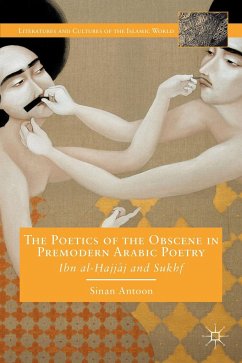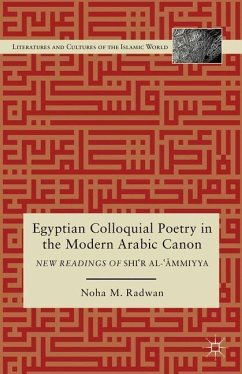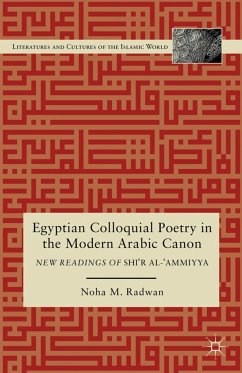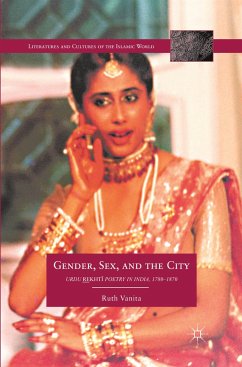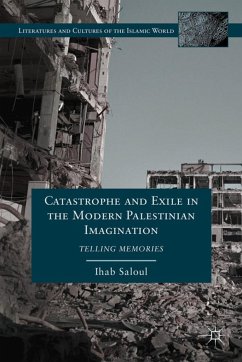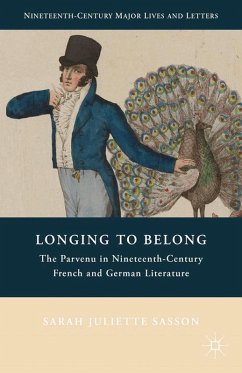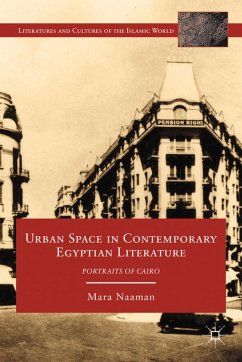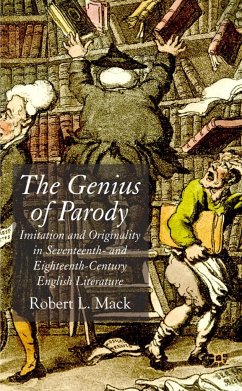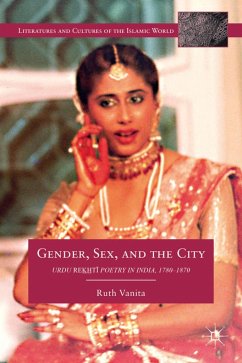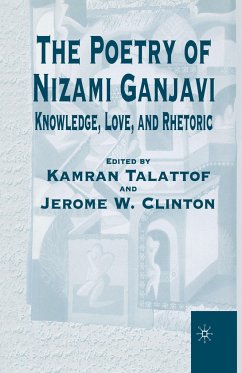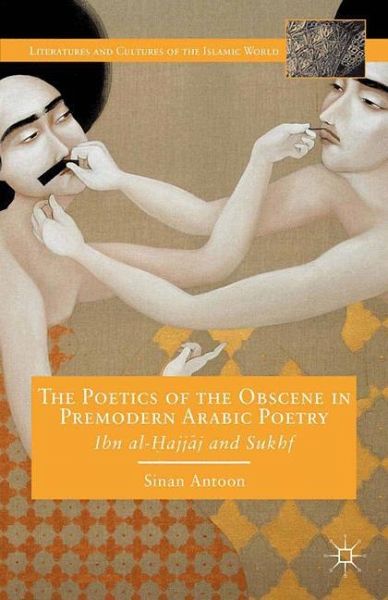
The Poetics of the Obscene in Premodern Arabic Poetry
Ibn al-?ajj?j and Sukhf
Versandkostenfrei!
Versandfertig in 6-10 Tagen
38,99 €
inkl. MwSt.

PAYBACK Punkte
19 °P sammeln!
The book is the first study of the 10th century Iraqi poet Ibn al-Hajjaj who popularized a new genre of obscene and scatological parody (sukhf) and is considered the most obscene poet in Arabic literature. Antoon traces the genealogy of this fascinating genre in and examines its rise by placing it in its sociopolitical context.





